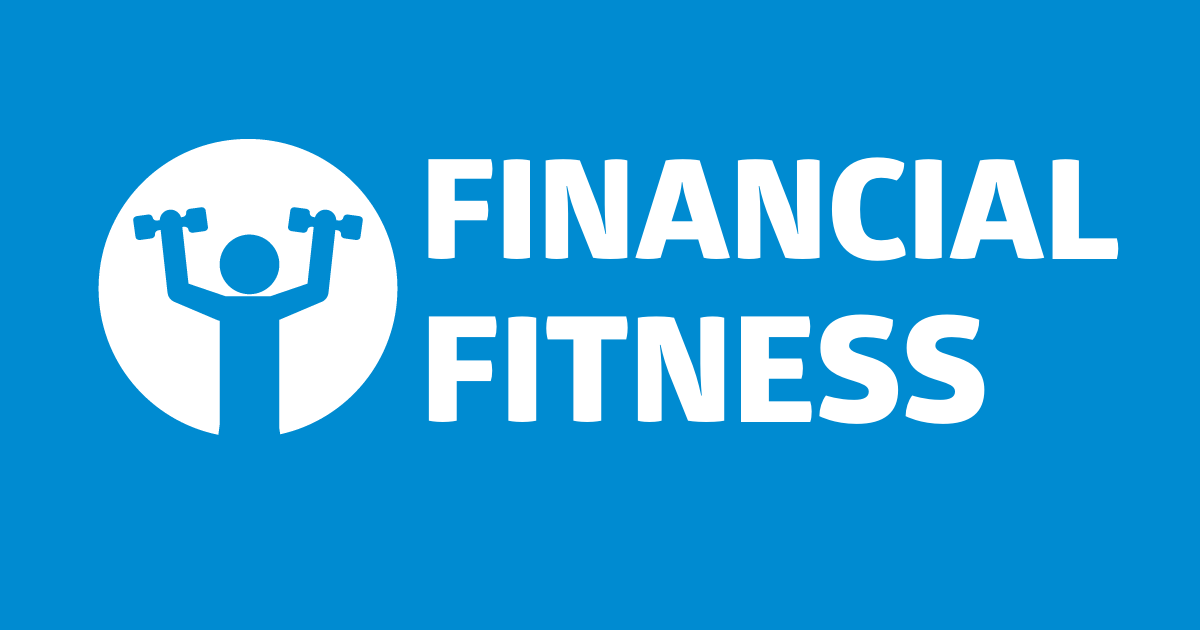By Charlestien Harris
The child tax credit is a very popular topic these days so I thought I would provide some details to help explain the tax credit to the general public. What is the child tax credit is the first question. According to the IRS’ definition, the child tax credit is a tax benefit granted to American taxpayers for each qualifying dependent child.
The credit is often related to the number of dependent children a taxpayer has and sometimes the taxpayer’s income level. The child tax credit decreases taxpayers’ tax liability on a dollar-for-dollar basis. Recent legislation increased the maximum annual credit from $2,000 per child (under age 17) in 2020 to $3,000 per child (under age 18) or $3,600 (children younger than 6) for 2021. While the 2020 credit was partially refundable, the 2021 credit is fully refundable.
Another question that has been asked is, what is the enhanced child tax credit? The enhanced tax credit was established in March, when President Joe Biden signed the American Rescue Plan. Half of the credit will be distributed as an advance on 2021 taxes in six monthly installment payments. For households getting the full benefit, those payments will be $300 per month for children under the age of 6 and $250 for those between the ages of 6 and 17. According to the guidelines, there’s no limit on the number of children who can receive the credit per family.
The full credit is available to married couples with children who file taxes jointly and have adjusted gross income less than $150,000, or $75,000 for individuals. The credit phases out for taxpayers who make more money and ceases for individuals earning $95,000 and married couples earning $170,000 filing jointly. Taxpayers who make more than that will still be eligible for the regular child tax credit, which is $2,000 per child under age 17 for families making less than $200,000 annually, or $400,000 for married couples. Most American families will qualify for some amount of money.
A lot of parents are asking the question, what do I need to do to receive the credit? If you have filed your taxes within the last two years, you do not have to do anything. The IRS will use 2020 tax returns to determine eligibility, or 2019 returns for those who haven’t yet filed for last year. For the non-filers, the IRS has provided on their website, a tool for those persons eligible to register their information to qualify. Also, if you used that tool to qualify for the recent stimulus payments, you will be automatically enrolled for the child tax credit.
Families can also check to see if they are signed up for direct deposit and see what account the money will go to through the IRS Child Tax Credit Update Portal. You can also sign up for direct deposit or change the bank account through the portal, as well as see payment history.
This past June, the IRS sent letters to the families who may be eligible for the credit and the amount of the monthly payments. Like the stimulus checks, most of the monthly child tax credit payments will be sent by direct deposit. If you don’t have direct deposit, the agency will also be sending paper checks to some families and in the future may also send payments on debit cards.
Some families may want to opt out of child tax credit payments. Families can choose to opt out of receiving the monthly payments for the credit through the Child Tax Credit Update portal located on the IRS website mentioned earlier. Those who do this won’t get the monthly amounts will still receive the full credit they are eligible for when they file their 2021 taxes. Some families may choose this route because they don’t need the monthly payments immediately or prefer to get a lump sum as a tax refund.
Taking the credit all at once could also offset taxes owed for families who are anticipating a tax bill. It’s too late to opt out of the first monthly payment, but families can still tell the IRS not to send the money in the future. The last day to opt out of the next payment, coming in August, is August 2, 2021.
For more information on this and other financial topics, you can contact me at 662-624-5776 or email me at Charlestien.harris@southernpartners.org. Southern Bancorp Community Partners has five HUD Certified Housing Counselors on staff to provide current information on various financial topics of interest. Until next week, stay financially fit!
